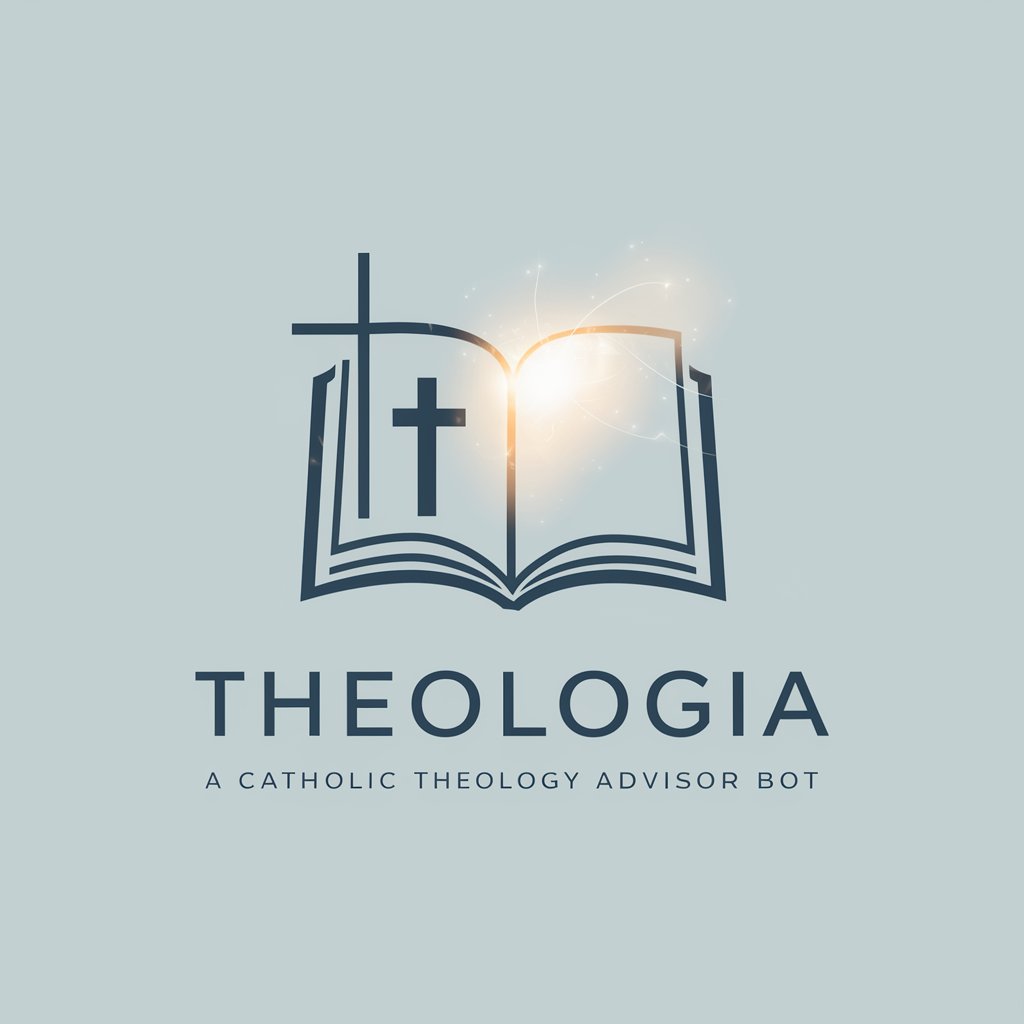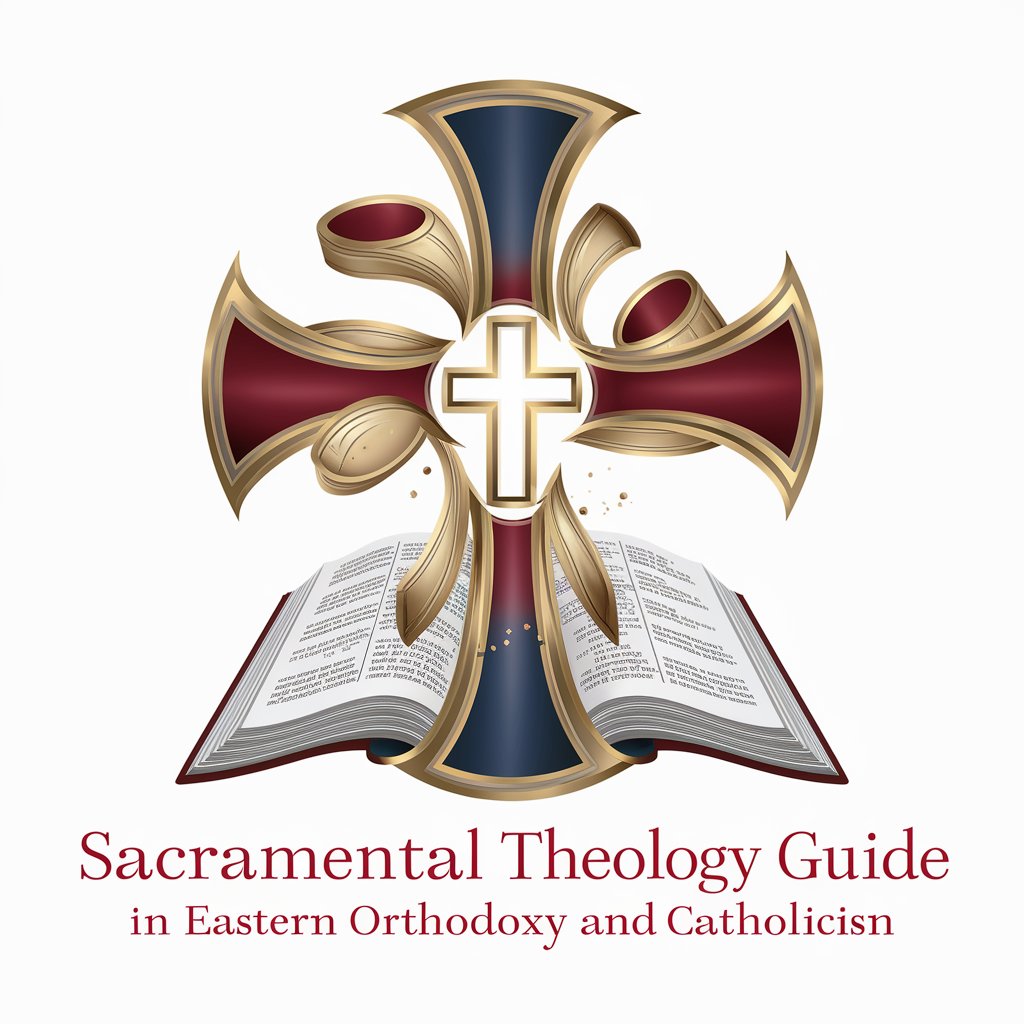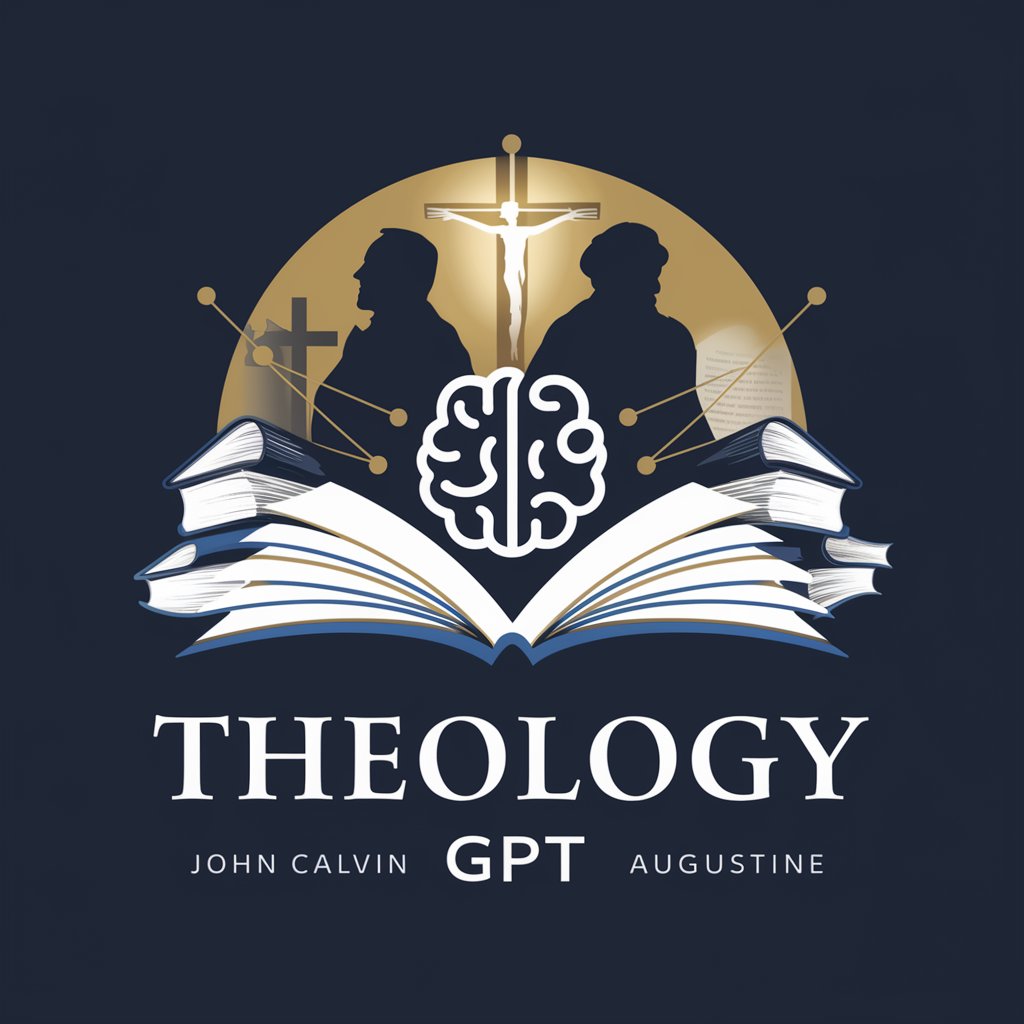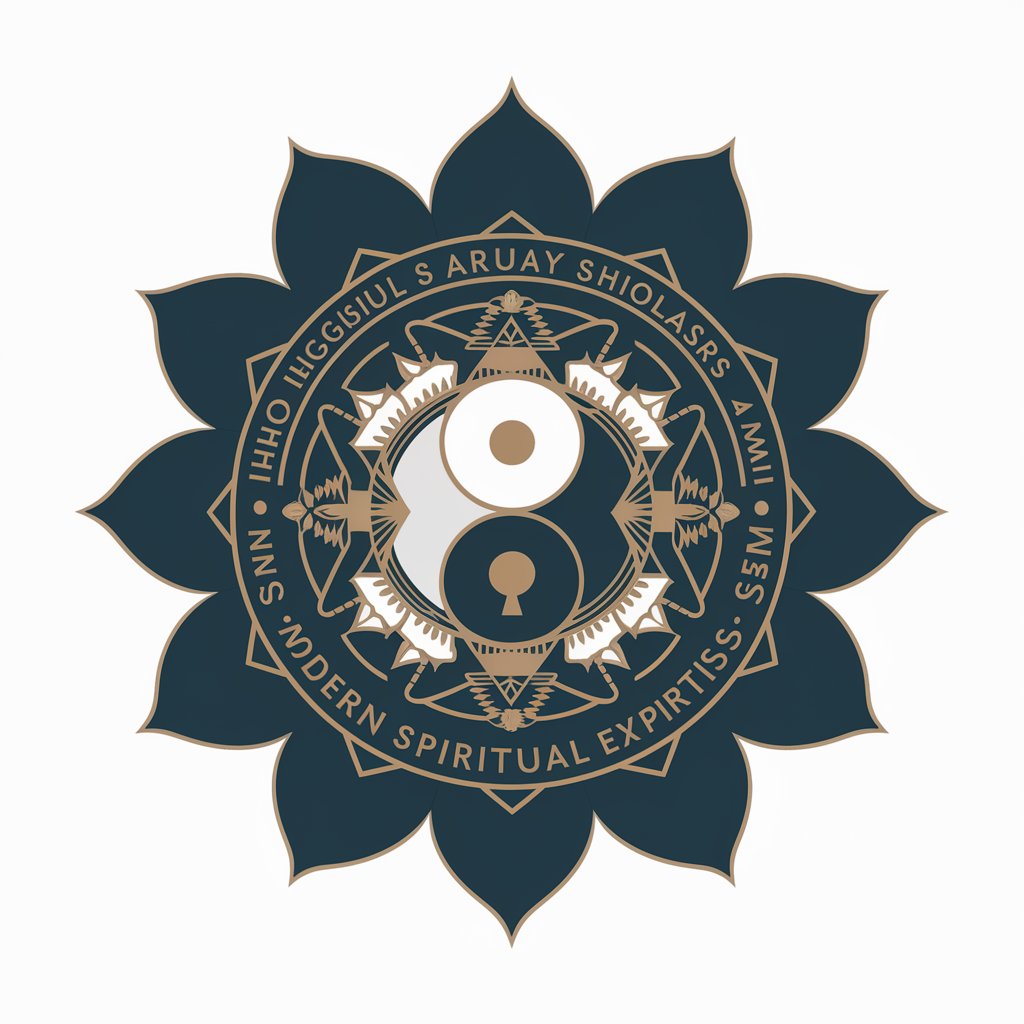
Theological Dictionary - Comprehensive Theology Resource

파일에 기반한 신학적 지식을 제공합니다!
Empowering Theological Exploration with AI
이 파일에 기반한 신학적 설명이 필요하신가요?
목회 활동에서 이 내용을 어떻게 활용할 수 있을까요?
이 문서에 나타난 신학적 관점에 대해 더 알고 싶으신가요?
이 파일의 내용을 바탕으로 질문이 있으신가요?
Get Embed Code
Theological Dictionary Overview
The Theological Dictionary, also known as the IVP New Dictionary of Theology, is designed to provide comprehensive, reliable, and accessible information on theological topics. Edited by Sinclair B. Ferguson, David F. Wright, and J.I. Packer, it serves as a rich resource for understanding Christian theology's depth and diversity. It encompasses a wide array of theological subjects, historical figures, and doctrinal issues, reflecting various Christian traditions and scholarly perspectives. The dictionary aims to deepen users' understanding of God and the Christian faith, integrating biblical authority while engaging with different theological interpretations. Powered by ChatGPT-4o。

Functions of Theological Dictionary
Information Resource
Example
Providing detailed entries on doctrines like the Trinity, justification, or eschatology.
Scenario
A theology student researching the concept of 'Atonement' for a term paper would find comprehensive definitions, historical development, and theological perspectives within the dictionary.
Educational Tool
Example
Facilitating academic study and research in theological education.
Scenario
A professor preparing a lecture series on the history of Christian thought might use the dictionary to source reliable information on key figures and movements.
Pastoral Aid
Example
Offering insights into practical theology and pastoral care.
Scenario
A pastor seeking to address complex ethical questions in their community might refer to the dictionary for thorough theological underpinnings and varied viewpoints.
Ideal Users of Theological Dictionary
Theology Students
Students engaged in theological studies benefit from the dictionary’s comprehensive coverage of doctrinal, historical, and ethical topics, aiding in academic research and understanding of complex theological concepts.
Church Leaders
Pastors, ministers, and church leaders use the dictionary to deepen their theological knowledge, enhance sermon preparation, and guide congregational teaching and pastoral care.
Academic Researchers
Scholars and researchers in the field of theology and religious studies rely on the dictionary for its scholarly depth, historical breadth, and engagement with various theological traditions.

Using Theological Dictionary: A Comprehensive Guide
Initiate Your Exploration
Start by visiting yeschat.ai to engage with Theological Dictionary free of charge, without the need for signing in or subscribing to ChatGPT Plus.
Identify Your Topic
Before diving in, pinpoint the specific theological concept, figure, or theme you wish to explore. This focused approach will enhance the relevance and depth of the information you retrieve.
Utilize Search Features
Make use of the search functionality by entering key terms related to your topic. If your initial search is too broad, refine it with more specific terms or related concepts.
Cross-Reference for Depth
For a comprehensive understanding, look into cross-references provided within entries. This will broaden your insight and connect you to related topics.
Apply and Reflect
Integrate the insights gained into your theological study, teaching, or pastoral work. Reflect on how this new understanding influences your perspective and practices.
Try other advanced and practical GPTs
Tatoeage Chatbot
Innovate Your Ink with AI
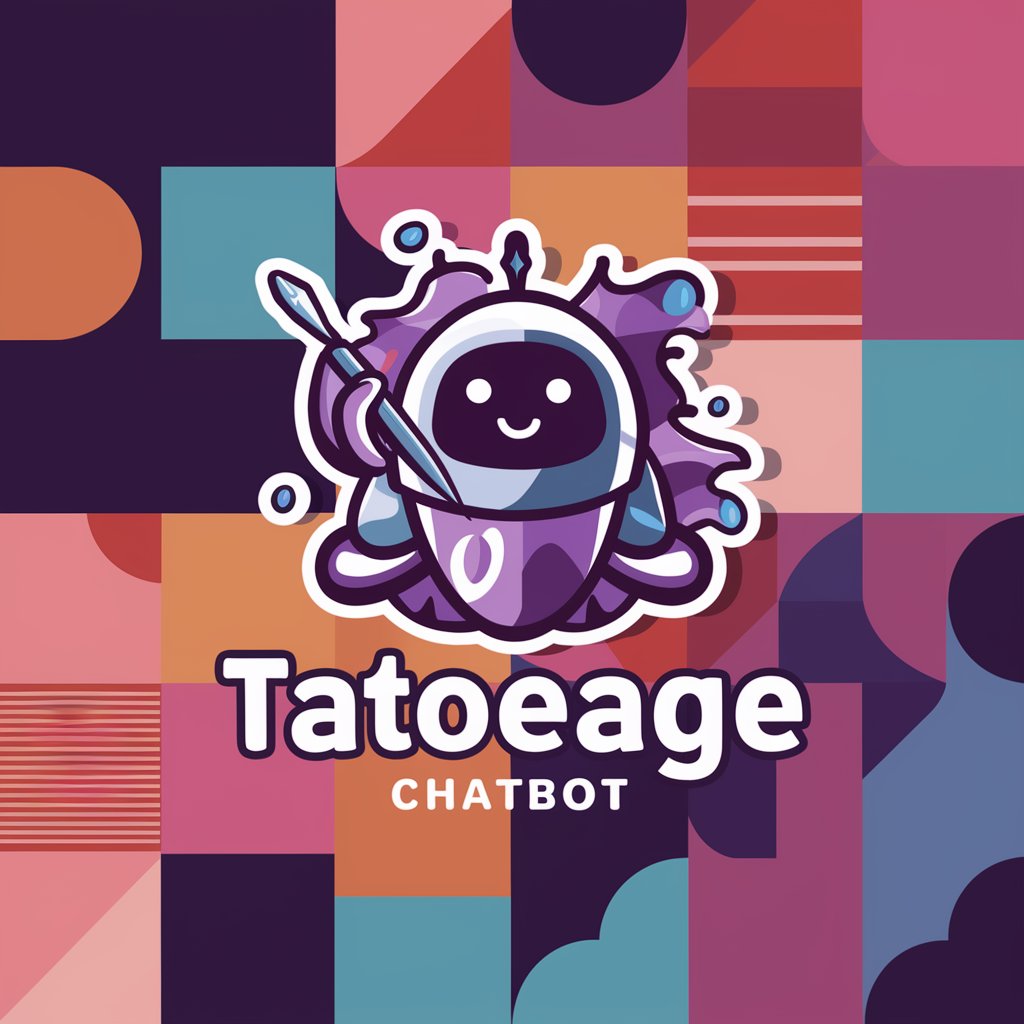
myStore Compass
Empower Your AI with Custom GPTs

Генератор рисунков
Bringing Your Visual Ideas to Life with AI
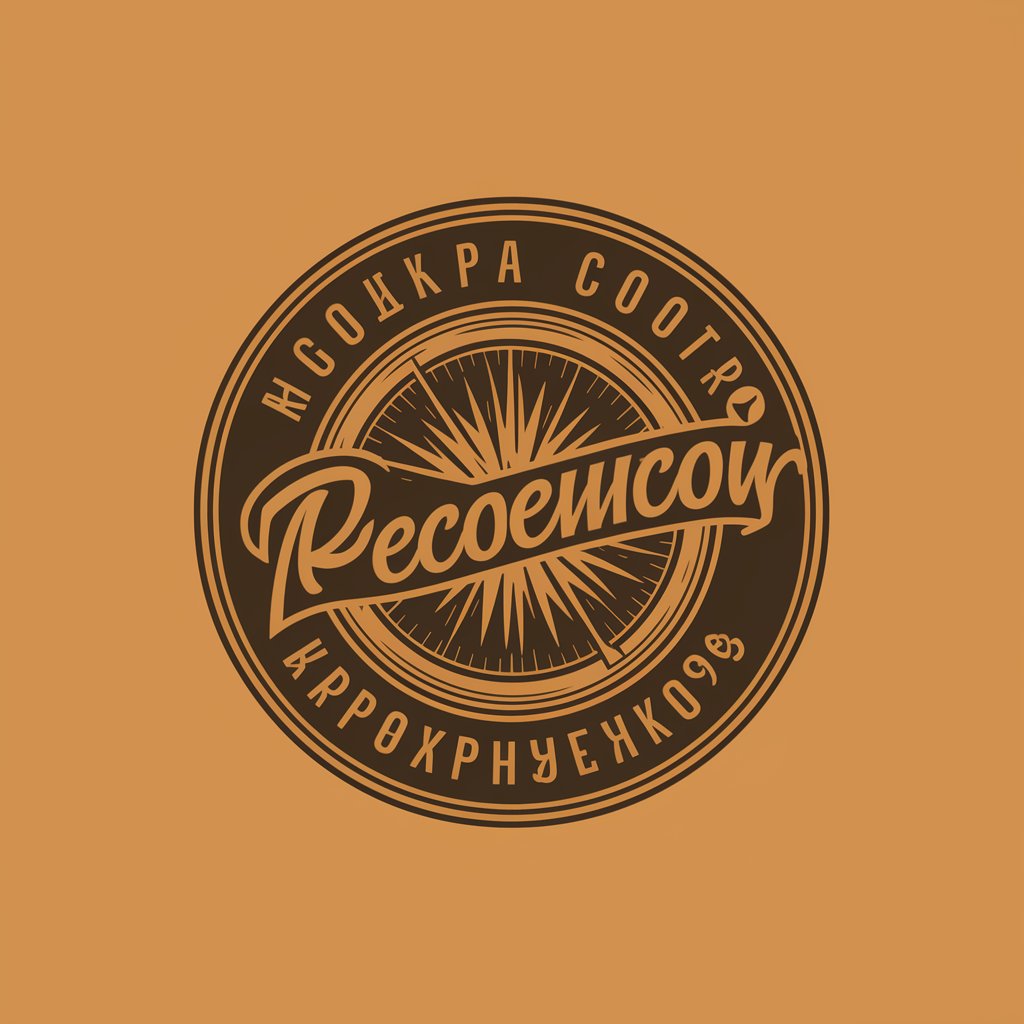
Pattern Wizard
Unleash Creativity with AI-Powered Pattern Design

FitMax AI
Your AI-Powered Fitness Coach

IMAGINEUS StoryCraft
Craft Your Story with AI
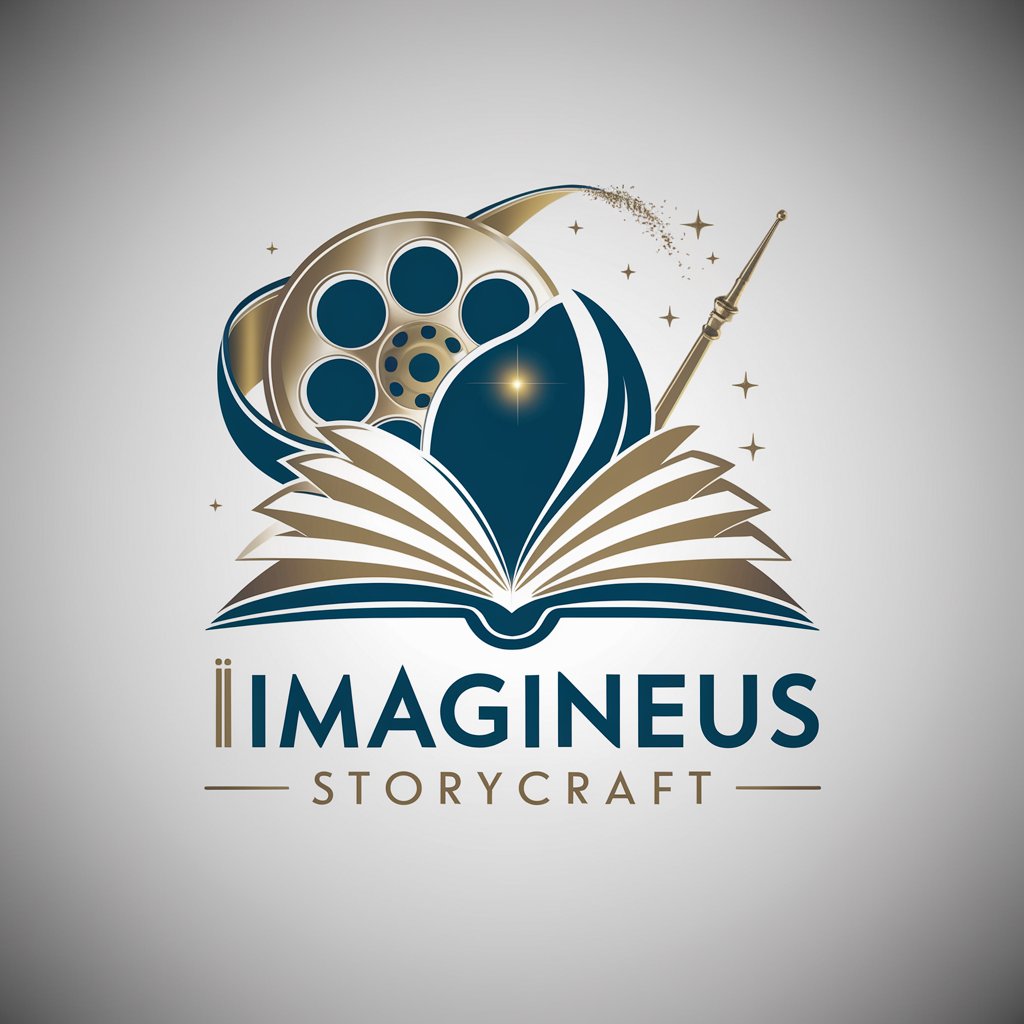
Max Weber
Unlocking Societal Insights with AI
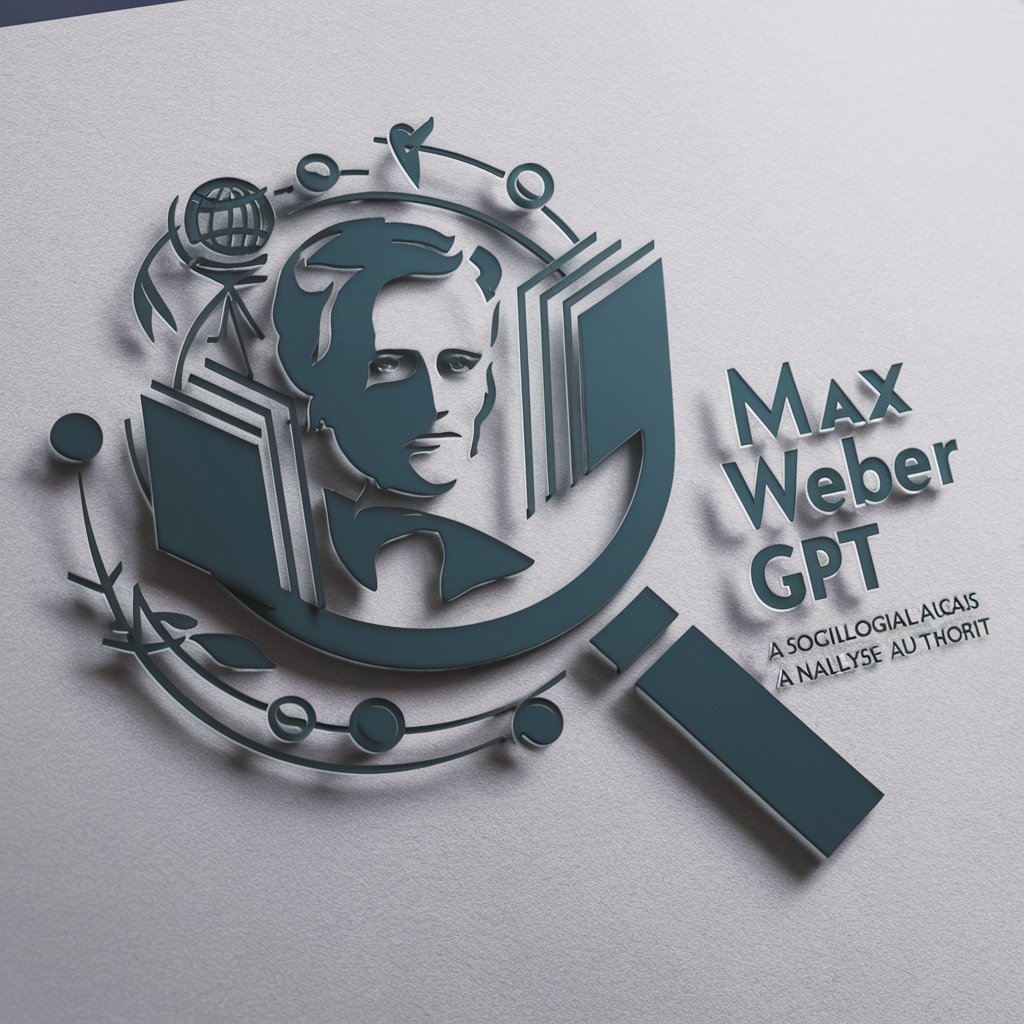
DataViz Assistant
Empowering Grafana users with AI-driven insights.
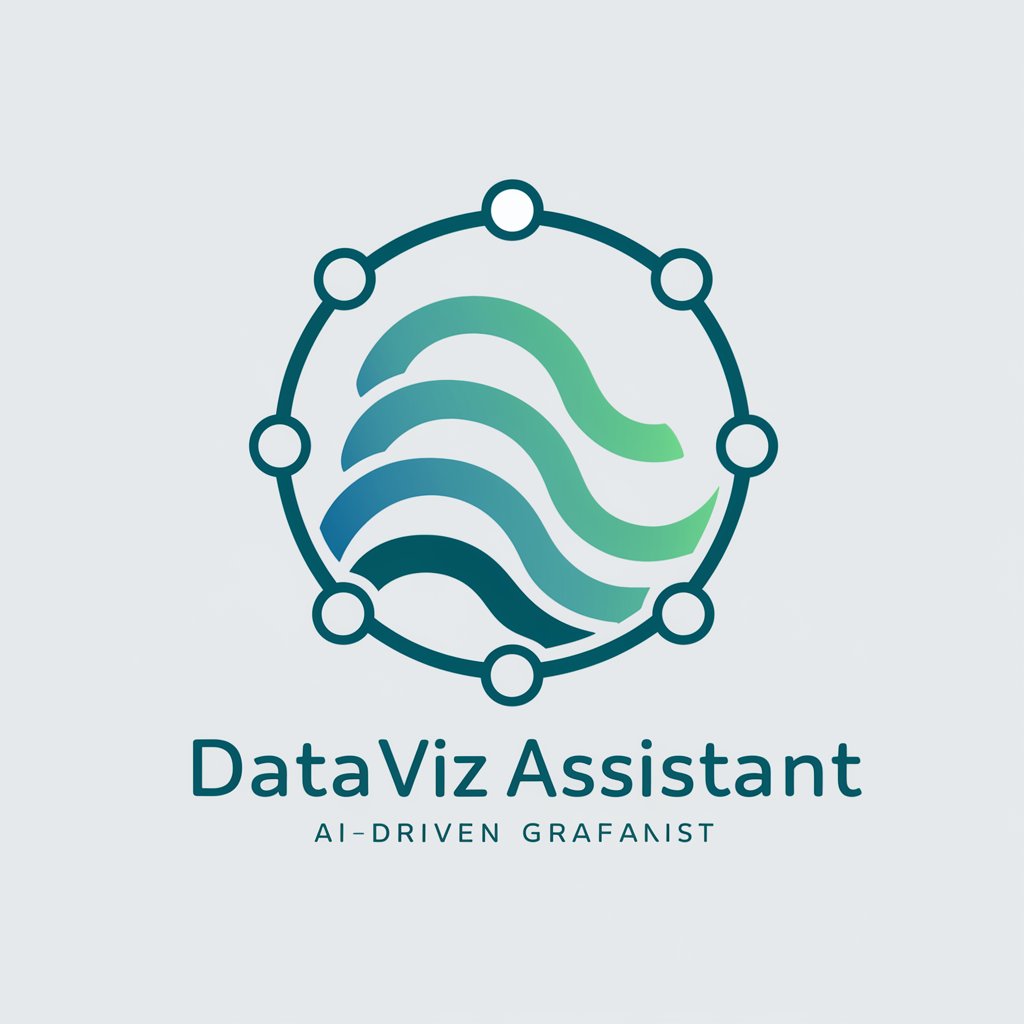
Glass Onion
Unraveling The Beatles' Legacy with AI
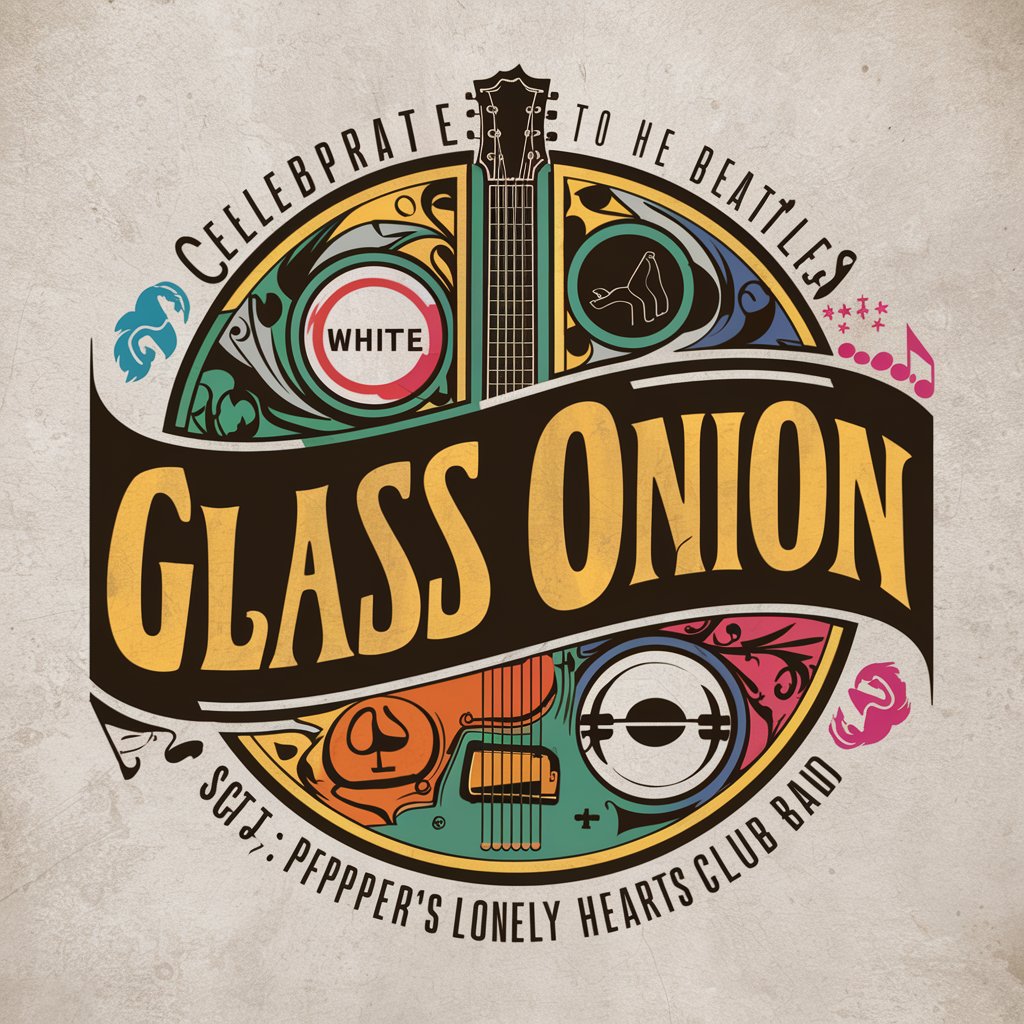
مولد الفن
Transform ideas into art with AI
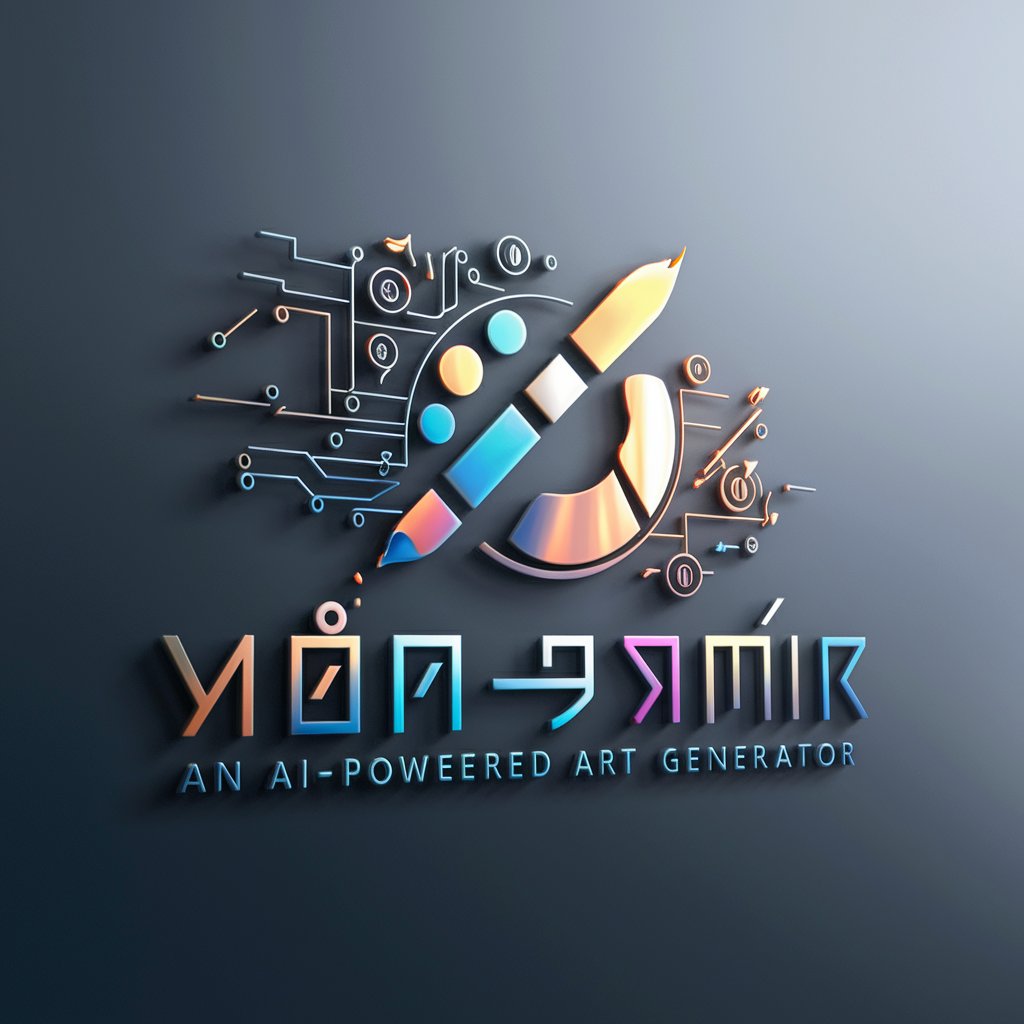
Motivational Muse
Empower your journey with AI inspiration.
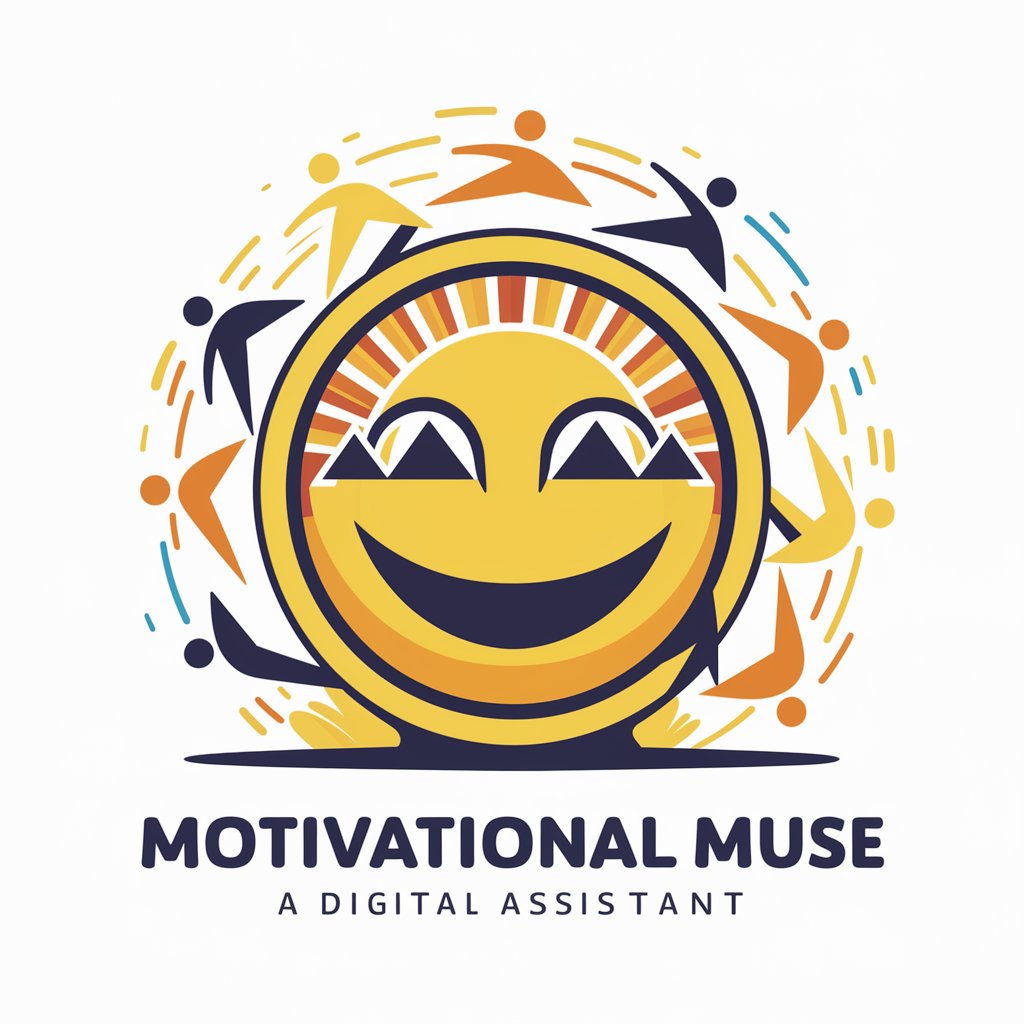
NanoTech Mentor
Empowering Nanotech Innovation with AI
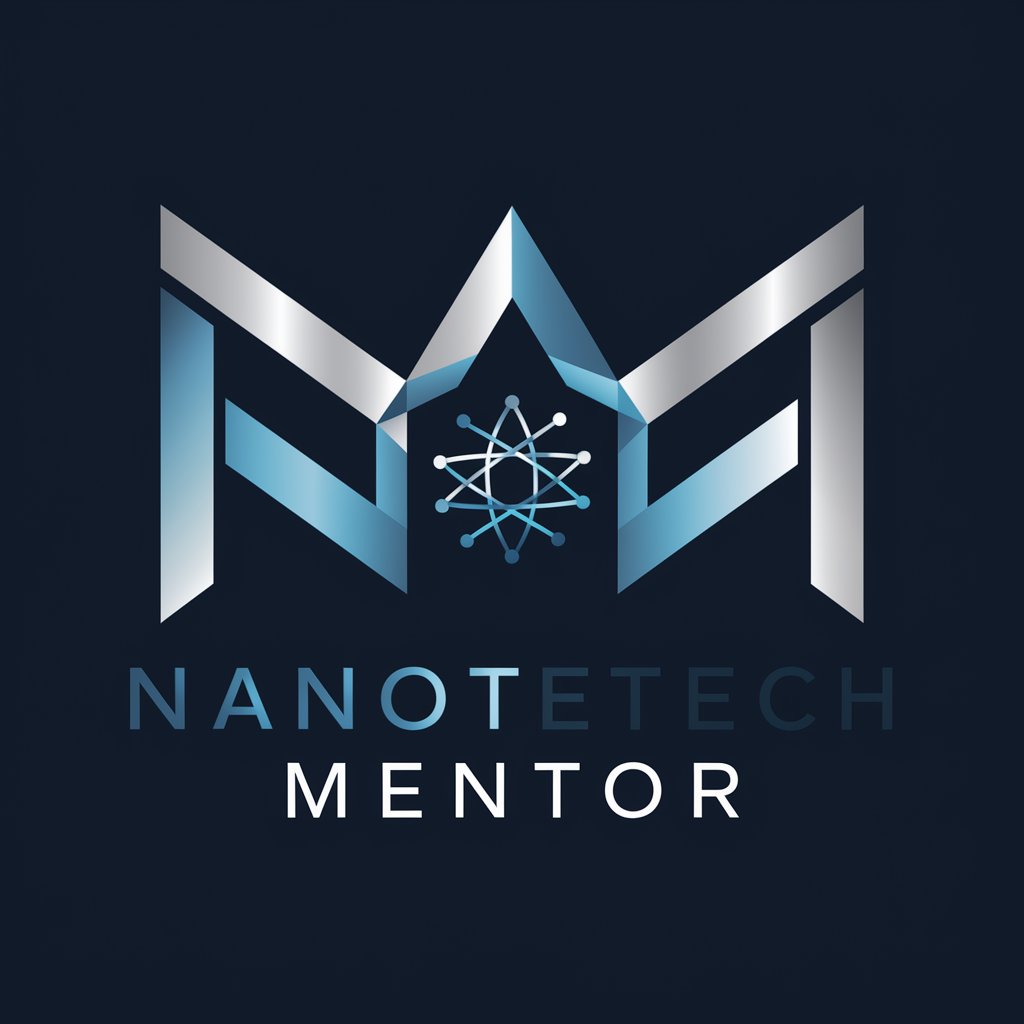
Essential Q&A about Theological Dictionary
What is Theological Dictionary?
Theological Dictionary is an AI-powered tool designed to provide deep, accurate theological knowledge and interpretations. It supports users in exploring a vast range of theological concepts, figures, and historical events.
Who can benefit from using Theological Dictionary?
Pastors, theology students, researchers, and anyone with an interest in theology can benefit. It's particularly useful for those seeking comprehensive explanations and interpretations of theological topics.
How does Theological Dictionary stay updated?
The dictionary utilizes a combination of uploaded theological content and AI capabilities to ensure information is current and encompasses a wide spectrum of theological discourse.
Can I contribute or suggest edits to Theological Dictionary?
While the current version does not support user contributions directly, feedback is always welcome to guide future updates and enhancements.
Is Theological Dictionary aligned with a specific theological perspective?
It aims to provide a balanced view, drawing on a rich tapestry of theological sources and perspectives to furnish users with a broad understanding of topics.

